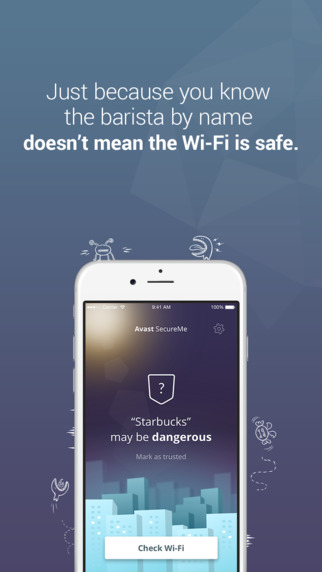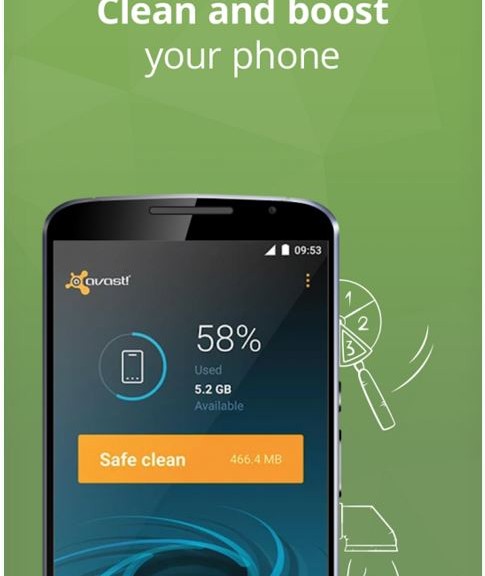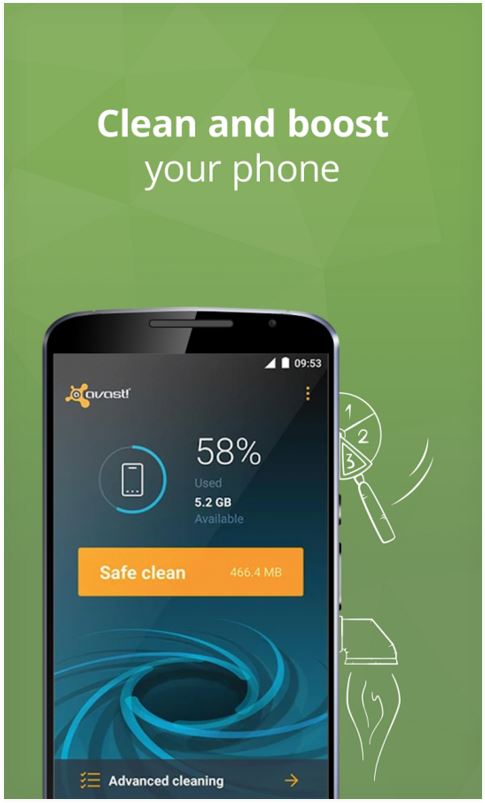
Your iPhone data may require a court order for the FBI to look into the contents, but if you log onto an unsecure Wi-Fi hotspot without protection, any old snoop can eavesdrop on what you’re doing.
That’s right, while you’re busily messaging, shopping, banking, and uploading a photo of your lunch to Instagram, a hacker with a little know-how can easily read your messages, steal your logins, passwords and credit card details.
How can hackers steal my data?
Even if you are connected to a recognizable Wi-Fi network, your device has no way of distinguishing a securely encrypted public Wi-Fi from one that is not.
Unsecured routers are susceptible to DNS hijacking, by which cybercriminals redirect web traffic to fake Internet sites. When users log in, for example, to a banking site, thieves can capture the login credentials. On unprotected Wi-Fi networks, thieves can also easily see emails, browsing history, and personal data if you do not use a secure or encrypted connection like a virtual private network (VPN).
Avast SecureMe solves the problem of unsecure Wi-Fi
Avast SecureMe is a free app for iPhones and iPads which protects you while connected to Wi-Fi.
![]()


